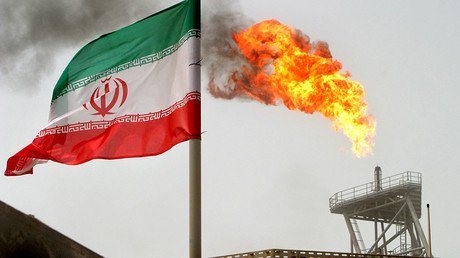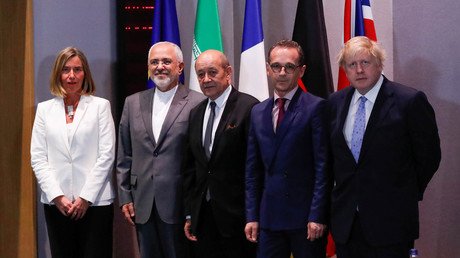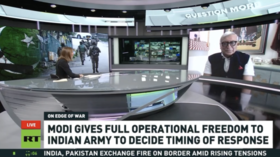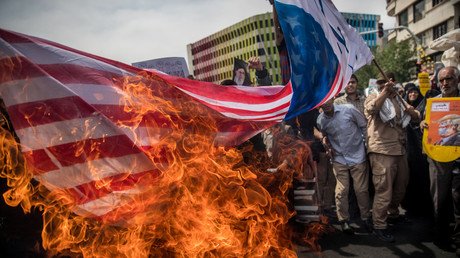Pompeo's demands don't make it easier for West to influence Iran – EU foreign policy chief
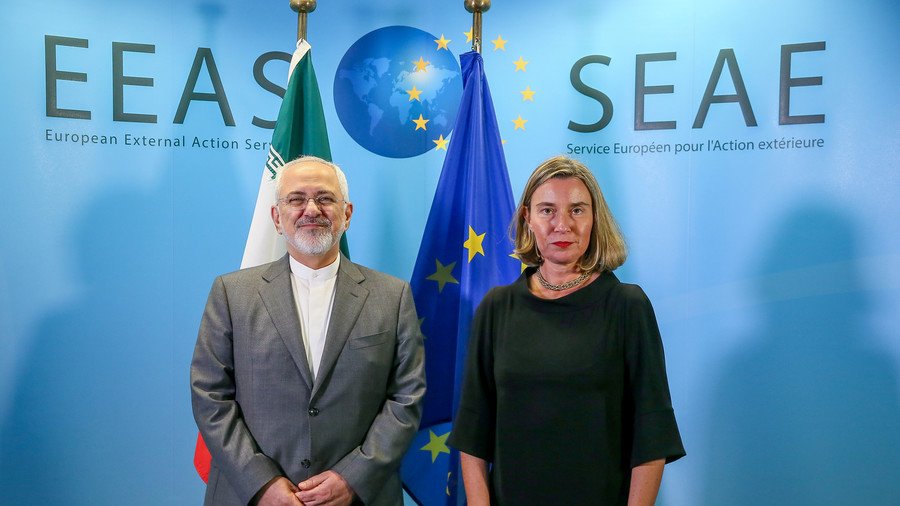
The 12-point US ultimatum to Tehran does nothing to further talks with the Islamic Republic on issues not covered by the nuclear deal, nor does it make the world safer, EU foreign policy chief Federica Mogherini said.
The top EU diplomat has been dismissive of the Trump administration's plan to coax Iran into a new deal by demanding an array of unilateral concessions, including its departure from Syria and withdrawal of support from its allied militias across the Middle East.
The list laid out by US Secretary of State Mike Pompeo on Monday calls on Iran to terminate both its nuclear and ballistic missile program, release all US citizens and allow the UN nuclear watchdog inspectors unimpeded access anywhere they want.
In case the demands are not met, Pompeo threatened to slap Tehran with the "strongest sanctions in history" that are designed to leave its economy in tatters.
The ham-fisted approach envisaged by Washington does not serve any practical purpose, Mogherini argued on Monday, saying that Pompeo's speech "has not demonstrated how walking away from the JCPOA [Joint Comprehensive Plan of Action] has made or will make the region safer from the threat of nuclear proliferation or how it puts us in a better position to influence Iran's conduct in areas outside the scope of JCPOA."
Mogherini has become one of the most vocal defenders of the 2015 nuclear accord since the US pull-out earlier this month, reiterating the deal should remain intact as the basis for any future talks with Iran, including over its missile program that has been a major irritant for the West. Denouncing US President Donald Trump's decision to quit the landmark agreement, she stated that it was "not a bilateral agreement and it is not in the hands of any single country to terminate it unilaterally."
Last week, Mogherini reaffirmed that the EU countries that are party to the deal are "determined" to ensure that it stays in place, while European and Iranian experts "hopefully very quickly" work out a solution to the crisis.
Save the US, all other signatories – the UK, France, Germany, Russia, China, and Iran – have vowed to stick to the deal, which caps Iran's uranium enrichment in return for sanctions relief.
Noting that the agreement is "the result of more than a decade of complex and delicate negotiations," Mogherini said that it was "the best possible outcome" of the talks and that there was "no alternative." That is despite the adverse impact the reintroduction of the US economic and financial sanctions on Iran can have on EU businesses.
Iran on Monday rejected Pompeo's ultimatum, saying that the time when Washington could impose its will on other countries was long gone.
"Who are you to decide for Iran and the world? The world today does not accept America to decide for the world, as countries are independent... that era is over," Iranian President Hassan Rouhani said, accusing the US of mimicking the "delusional and failed" policies of the George W. Bush administration.
If you like this story, share it with a friend!
